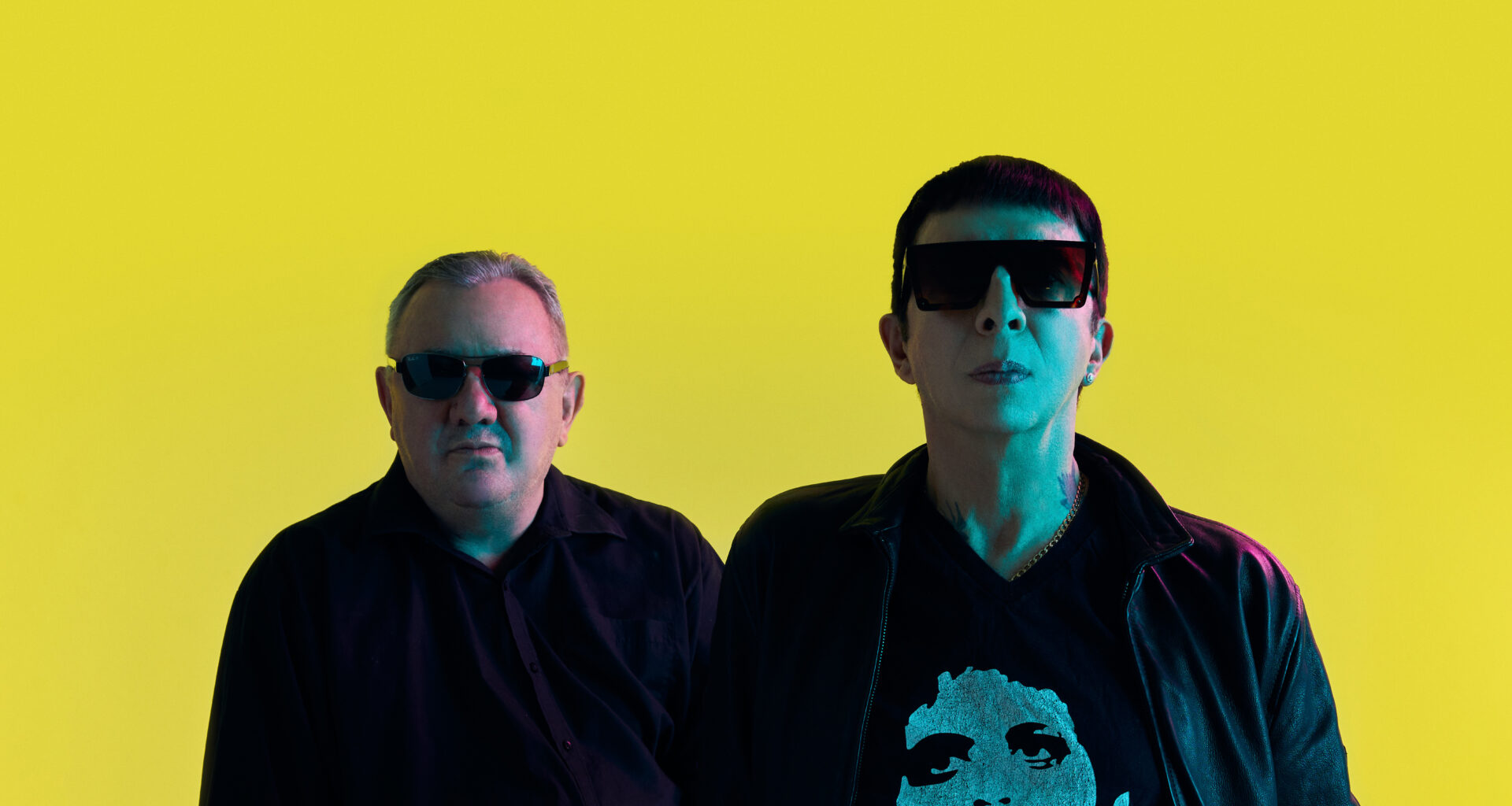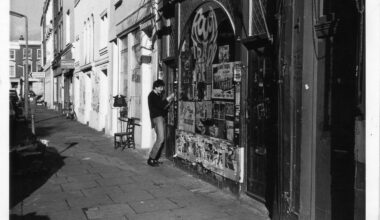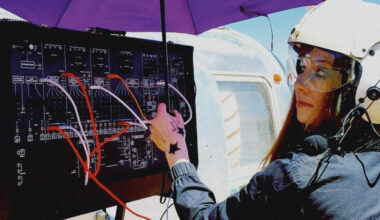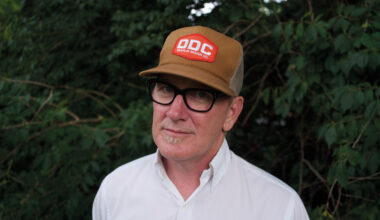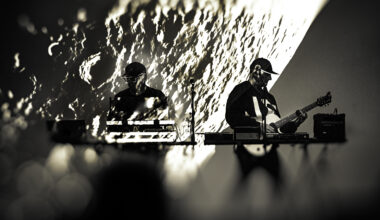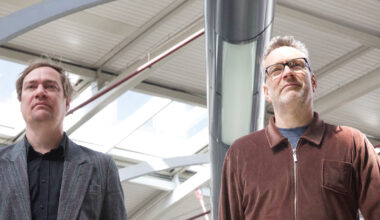Splitting up, getting back together (twice), a farewell gig that wasn’t quite goodbye… and now Soft Cell are making another welcome return. Marc Almond and Dave Ball remain as thick as thieves and ‘Happiness Not Included’, their first album for 20 years, shows why the duo are still the undisputed kings of twisted synthpop
Want to read more?
Sign up to Electronic Sound Premium to gain access to every post, video, special offers, and more. 100%, all you can eat, no commitment, cancel any time.
Already a premium member? Log in here
